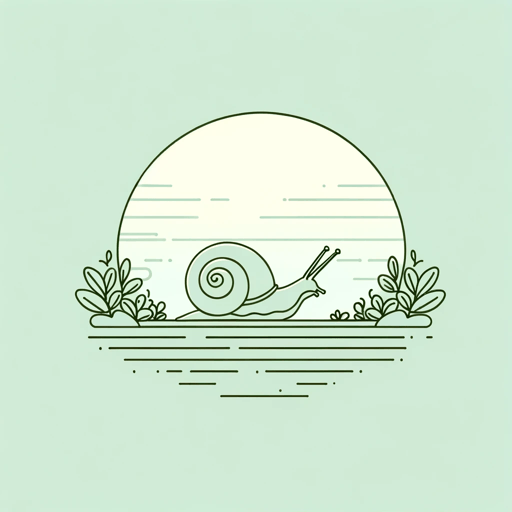30 pages • 1 hour read
Virginia WoolfKew Gardens
Fiction | Short Story | Adult | Published in 1919A modern alternative to SparkNotes and CliffsNotes, SuperSummary offers high-quality Study Guides with detailed chapter summaries and analysis of major themes, characters, and more.
Background
Authorial Context: Virginia Woolf
Virginia Woolf was born in 1882 to a wealthy English family. The upper-class status of Woolf’s family informs her work, which often focuses on educated and privileged characters. Woolf’s father, Leslie Stephen, was a writer and a key intellectual influence on Woolf. After the death of her mother, Julia Stephen, Woolf experienced recurring bouts of mental illness. Modern psychiatrists believe that Woolf had bipolar disorder, although her childhood sexual abuse is also considered a major influence on her mental health. The author died by suicide in 1941.
Today, critics consider Woolf a major figure of Modernist and feminist literature, as well as one of the most important writers of the 20th century. She is best known for her fiction but was also a prolific writer of essays, plays, and short stories. Her most famous works are the novels Mrs. Dalloway (1925) and To the Lighthouse (1927). Monday and Tuesday was published early in Woolf’s career yet reflected the many literary devices she would employ in future texts, such as stream-of-consciousness narration. Like much of her work, “Kew Gardens” explores class structure in post-Industrial era England, and The Connection Between Humanity and Nature.
Related Titles
By Virginia Woolf

A Haunted House and Other Short Stories
Virginia Woolf

A Room of One's Own
Virginia Woolf

Between The Acts
Virginia Woolf

How Should One Read a Book?
Virginia Woolf

Jacob's Room
Virginia Woolf

Modern Fiction
Virginia Woolf

Moments of Being
Virginia Woolf
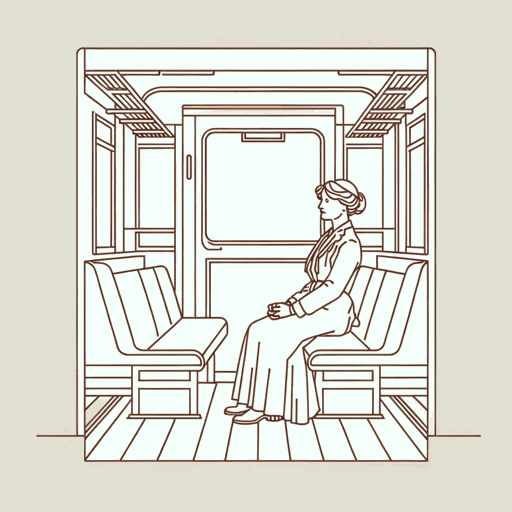
Mr. Bennett and Mrs. Brown
Virginia Woolf

Mrs. Dalloway
Virginia Woolf
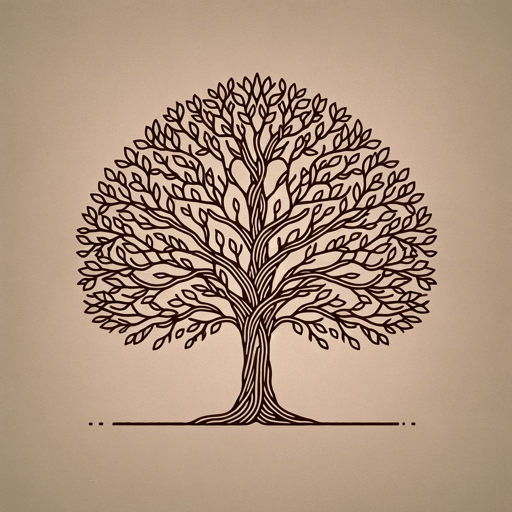
Orlando
Virginia Woolf
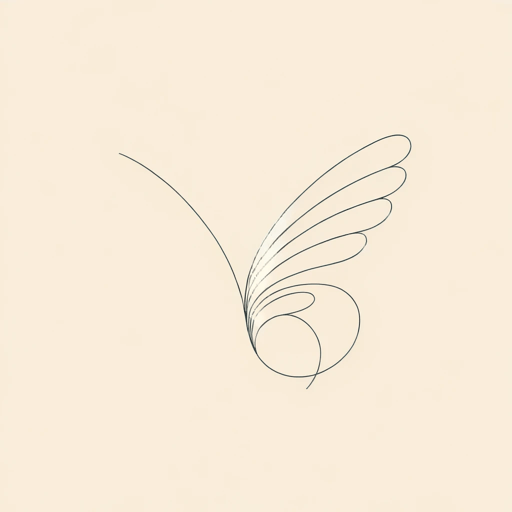
The Death of the Moth
Virginia Woolf

The Duchess and the Jeweller
Virginia Woolf

The Lady in the Looking Glass
Virginia Woolf
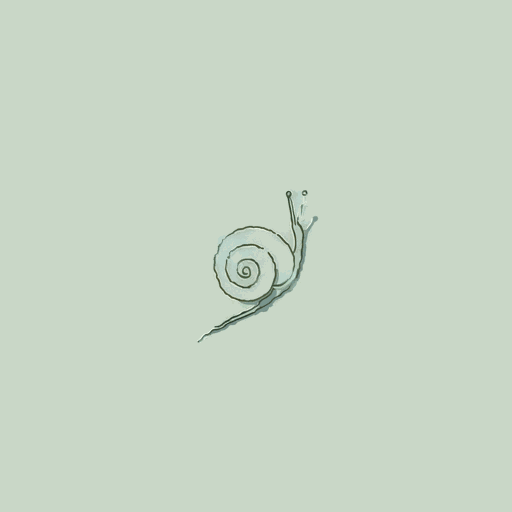
The Mark on the Wall
Virginia Woolf
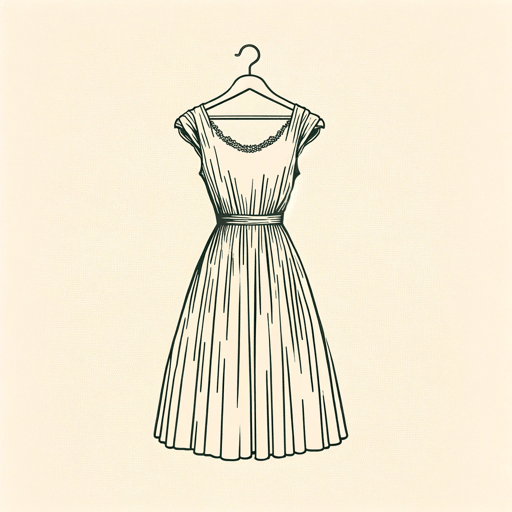
The New Dress
Virginia Woolf

The Voyage Out
Virginia Woolf

The Waves
Virginia Woolf
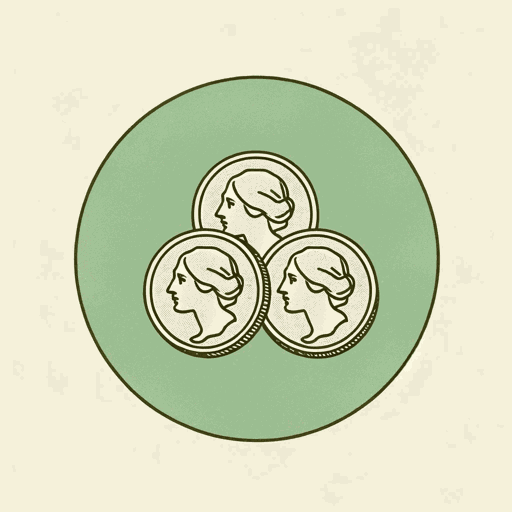
Three Guineas
Virginia Woolf

To the Lighthouse
Virginia Woolf
